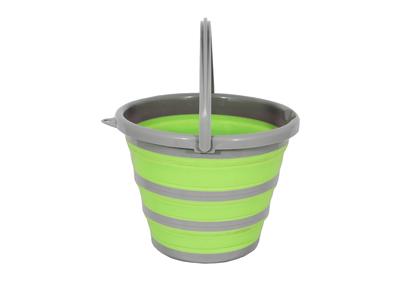
The veg plot in December
With the 21st of December being the shortest day of the year, any seeds we sow now will soon have the gradually increasing day lengths to wake them from their slumber. Doing what can be done this month, helps reduce the workload in spring. Get ahead now and you’ll certainly thank yourself. Earlier sowings can also mean earlier harvests. Getting plants growing and covering the ground as soon as possible is also good for holding the soil together, and preventing soil slumping or erosion associated with bare earth being left exposed to wind and rain all winter long.
Garlic sets can be planted out now, 10-15cm apart. Make a little slot with a trowel and firm them in so only their very tips are showing or just beneath the ground. This will help them get growing and rooted before birds pull them out and throw them around. Don’t be tempted to push the garlic cloves in, as this can damage the root plate which increases the risk of fungal rots.
Lettuce and broad beans can be started directly in the ground, provided it’s not frozen solid or under a foot of snow. They will benefit from extra protection from the elements at this time of year, especially if you’re in a cold and exposed area, or the soil is cold heavy clay. This is best given with a cloche, which are like mini shelters just big enough to protect a row or small group of plants. You can buy a wide range of cloches from garden retailers. I make my own by bending over a sheet of corrugated plastic, and hold it down with two fencing pins, hazel poles or bamboo at each end, and some rope tied around. Cover the ends with some pieces of tough glass if needed. Ideally, put the cloche down on the ground a few weeks before sowing or planting, so the soil beneath has time to warm up and dry out a little.
Mustard greens, lamb’s lettuce and onion seeds can be sown now. An unheated glasshouse is a good place for these, but bear in mind the very dim light levels and short daylight hours at this time of year. Sunny windowsills can also be good, but be careful of the effect of low winter light levels combined with the warmth of indoor heating. These conditions can cause seedlings to grow very long and limp, flopping over. This is known as ‘etiolation’.
Chilli peppers and aubergines are the most tender exoitic crops, and need the cosiness of a heated propagator or bright warm windowsill. They really benefit from boosted light levels of an LED grow light if you can give them the luxury. This will help bring on strong stocky plants quickly, avoiding etiolation.
By all means, stay indoors and keep warm. But there’s hope and vitality to be found out in the garden should you need it.


